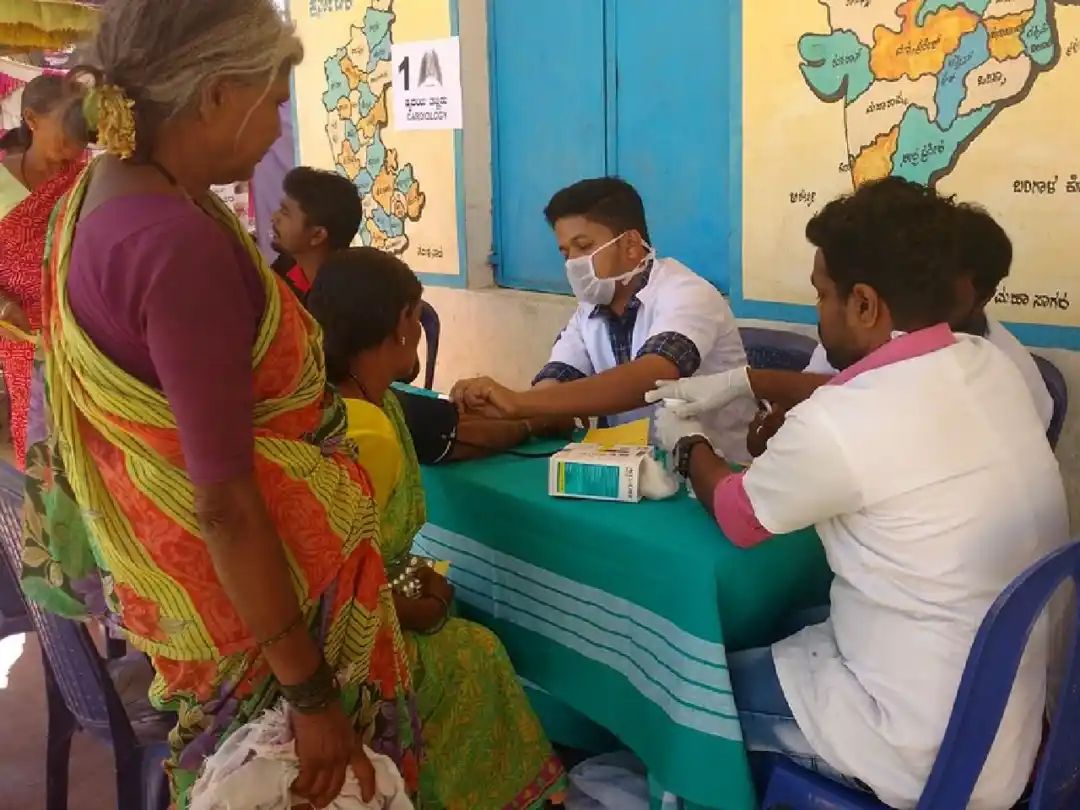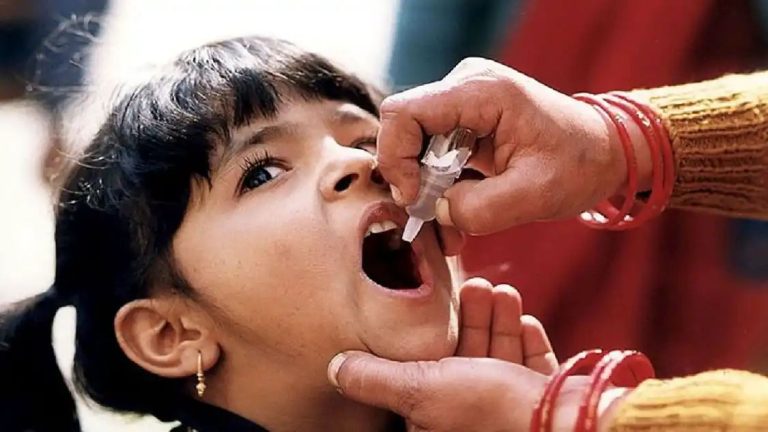Health for all: Bridging the gap between rural and urban areas to ensure quality

The rural-urban healthcare gap is a pressing issue that continues to challenge healthcare systems in India. While urban areas often boast advanced medical facilities and specialists, rural communities face significant barriers to accessing quality healthcare.
To bridge this gap and ensure equitable access for all citizens, we must implement innovative solutions that leverage technology and collaboration between urban and rural healthcare providers.
Dr Sunita Dube, a Renowned Radiologist and Founder, MedscapeIndia, said, “One promising approach involves telemedicine, which enables patients in remote areas to consult with urban-based specialists without the need for travel. Additionally, establishing mobile clinics staffed with qualified medical professionals can bring essential services directly to underserved rural populations.”
Furthermore, fostering partnerships between urban hospitals and rural health centers can facilitate knowledge-sharing and resource allocation to address specific community needs. These are the challenges faced in rural areas.
Healthcare challenges faced in rural areas
The rural landscape of India presents a unique set of healthcare challenges that contribute to the uneven and inadequate healthcare system. One major issue is the shortage of healthcare facilities and professionals in remote areas, leading to limited access to quality medical care for millions of people.
“This not only hinders early detection and treatment but also perpetuates the cycle of poverty and illness in these communities. The prevalence of traditional beliefs and practices often deters individuals from seeking modern medical care, resulting in delayed or ineffective treatments.
The lack of awareness about basic hygiene, sanitation, and preventive healthcare measures further compounds the health challenges faced by rural populations,” added the expert.





